County Courts date back to Saxon times, but were established in their present form by the County Courts Act 1846. They deal mainly with cases relating to minor debt and bankruptcy.
Public Records

County Court and Shrievalty
Read more
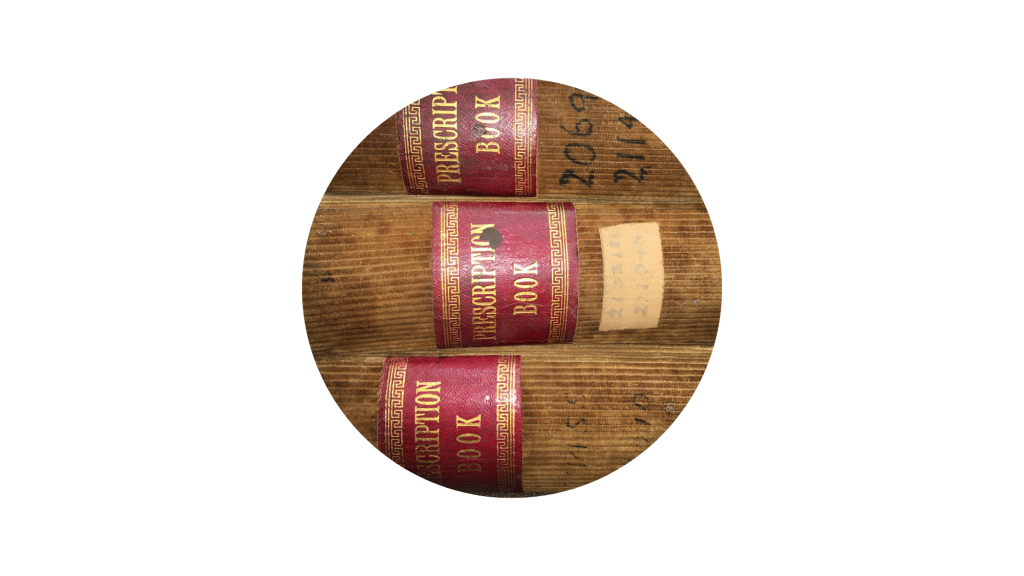
Hospitals and Health Authorities
With the creation of the National Health Service in 1948 administration passed to regional hospital boards and hospital management committees. In 1974 these were replaced by regional and area health authorities; and in 1982 by district health authorities.
Read more
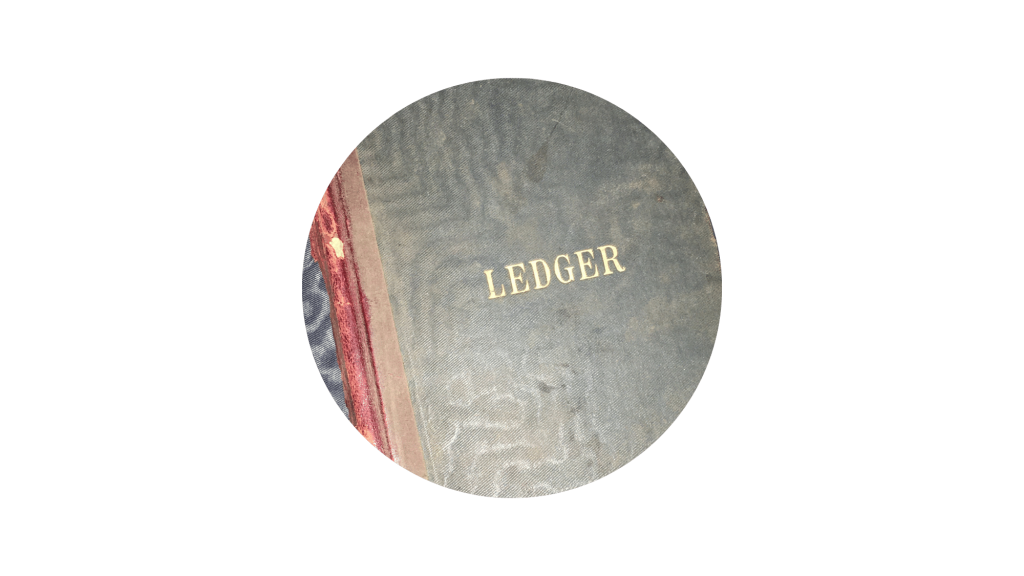
Inland Revenue: District Valuation
Following the Finance (1909-1910) Act of 1910, registers of duties on land values were compiled, forming a complete record of land ownership and property values in the period c1910-12.
Read more
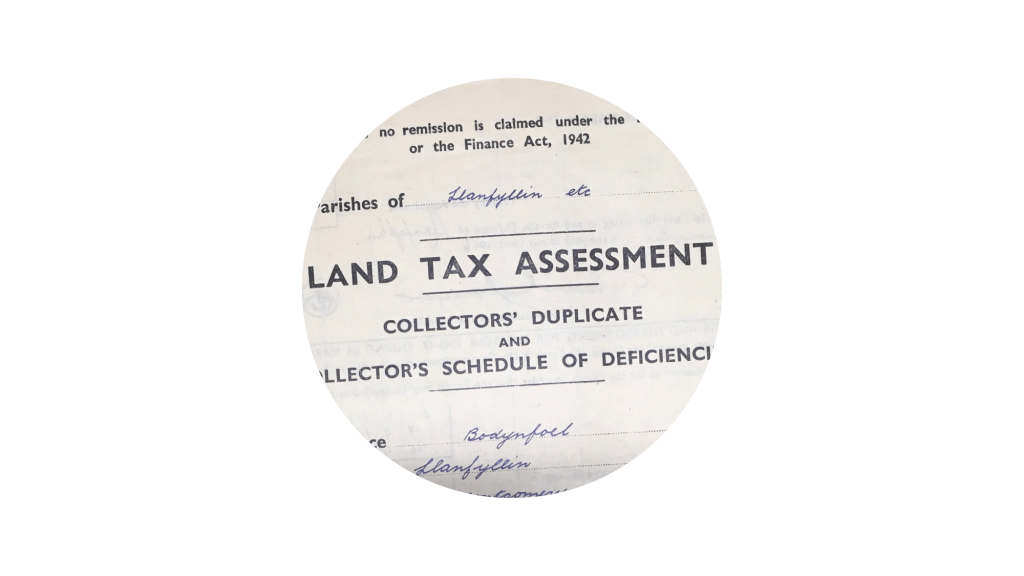
Inland Revenue: Land Tax Assessments
The Board of Inland Revenue was constituted in 1849 under the Inland Revenue Board Act 1849. It became the government department responsible for the administration of direct taxes.
Read more
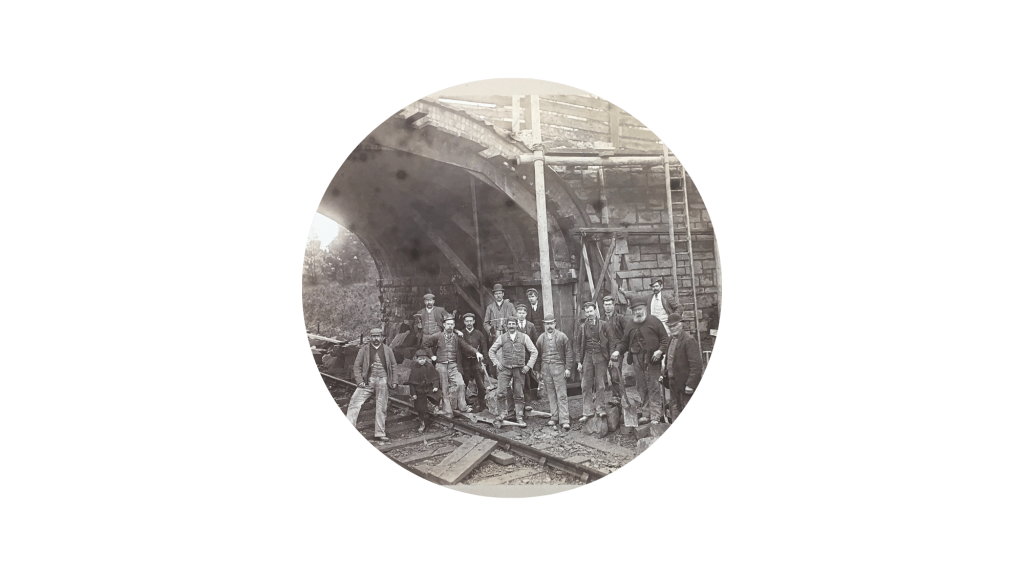
Mines and Quarries Inspectorate
The Mines and Quarries Inspectorate, now the Mine Inspectorate is part of the Health and Safety Executive and is responsible for checking the construction and safety of mines.
Read more
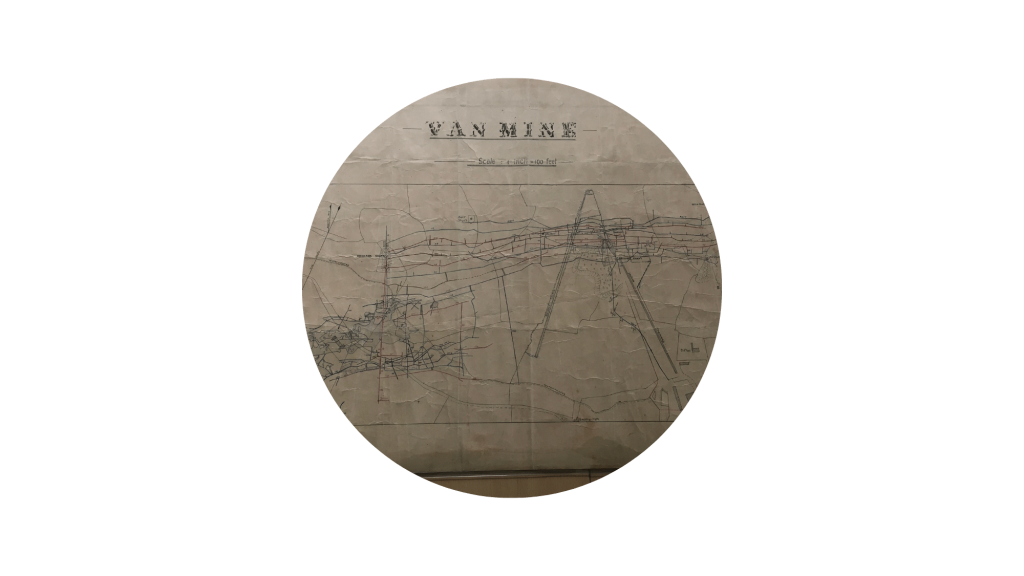
National Coal Board
The National Coal Board (NCB) was the statutory corporation created to run the nationalised coal mining industry in the United Kingdom. Set up under the Coal Industry Nationalisation Act 1946, it took over the United Kingdom’s collieries on “vesting day”, 1 January 1947.
Read more
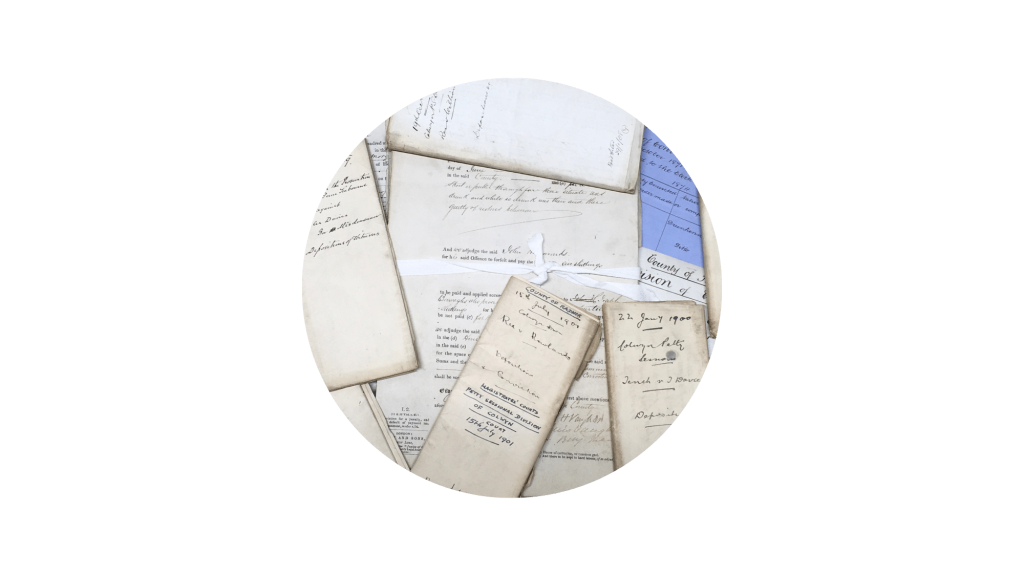
Petty Sessions
Petty Sessions were first held in the 19th century and were minor courts presided over by justices or magistrates. Records include minute books, court registers, adoption registers, licensing and ledger accounts.
Read more

Quarter Sessions
The court of quarter sessions was the meeting of the justices of the peace for the county; it derived its name from the fact that it was held four times a year, at Epiphany, Easter, Midsummer and Michaelmas.
Read more

Coroners Records
The office of coroner dates back to the central middle ages, but very few early records survive. After 1888 the coroner was appointed by the County Council.
Read more